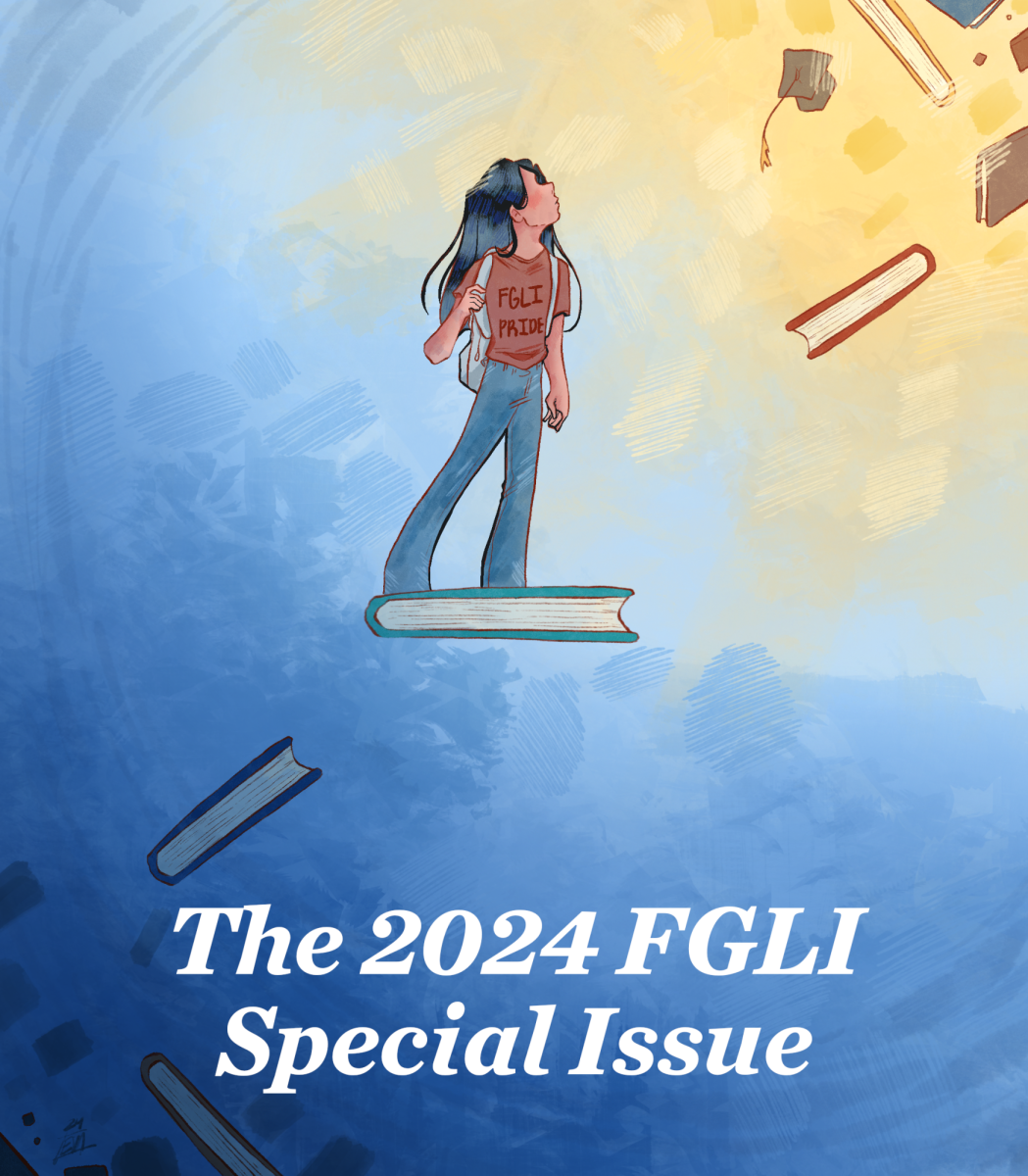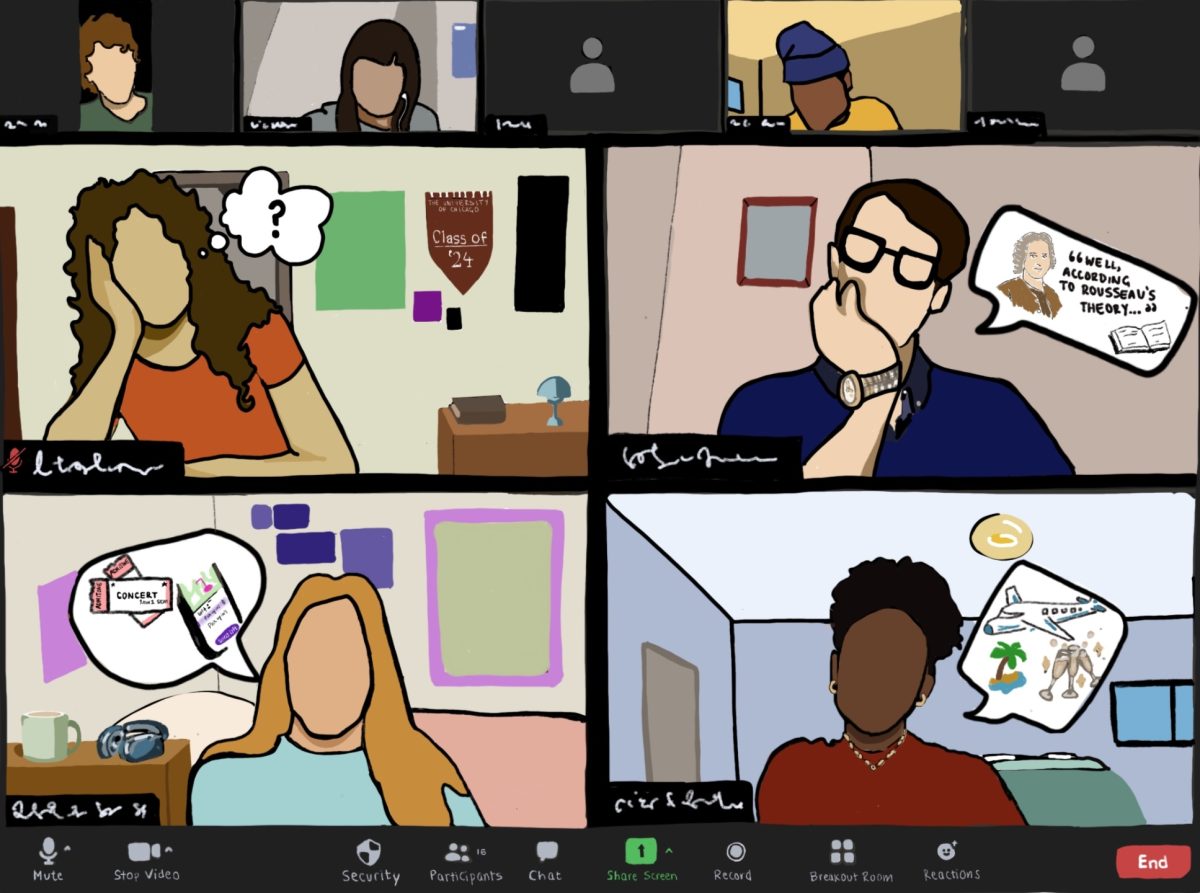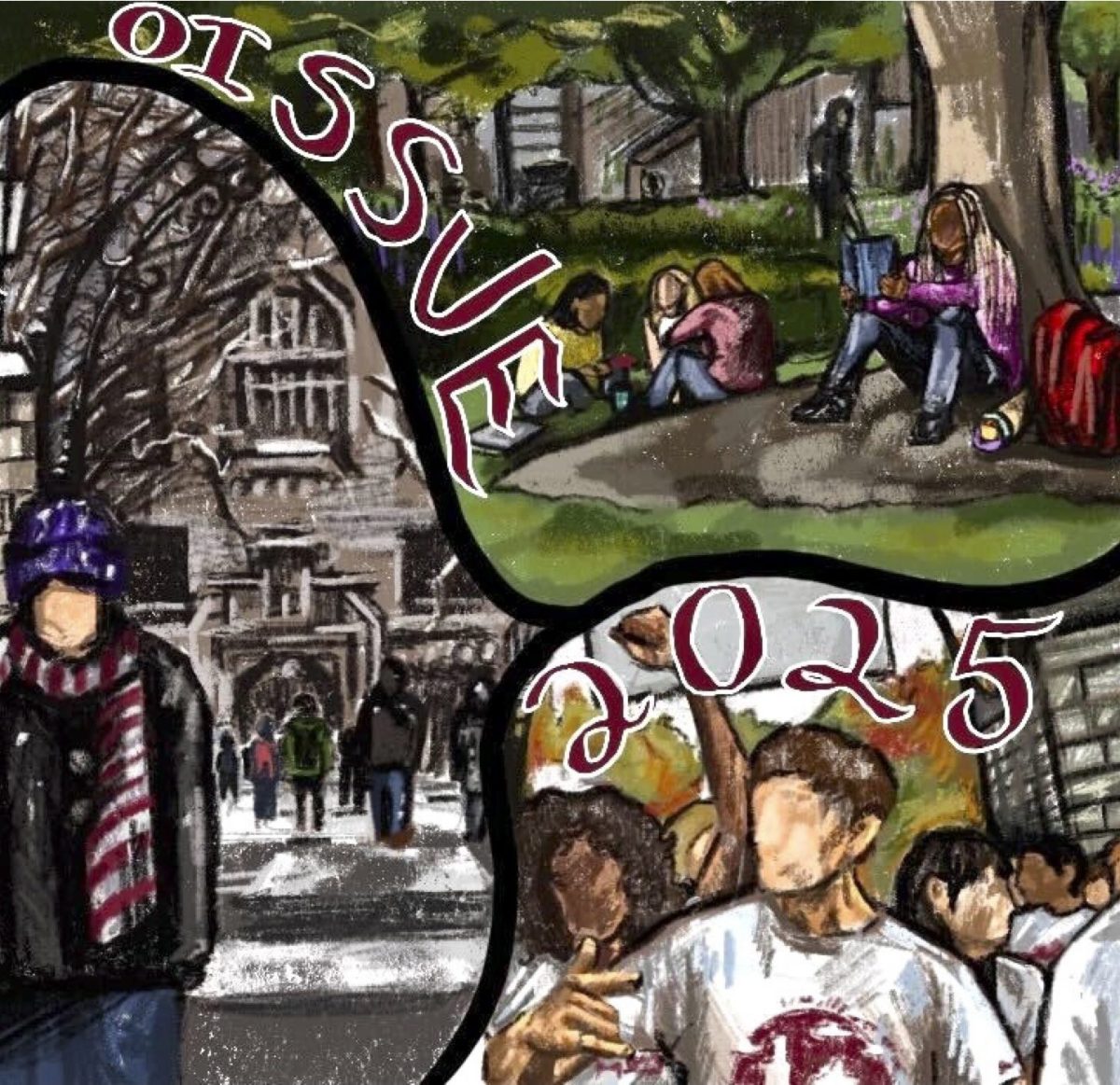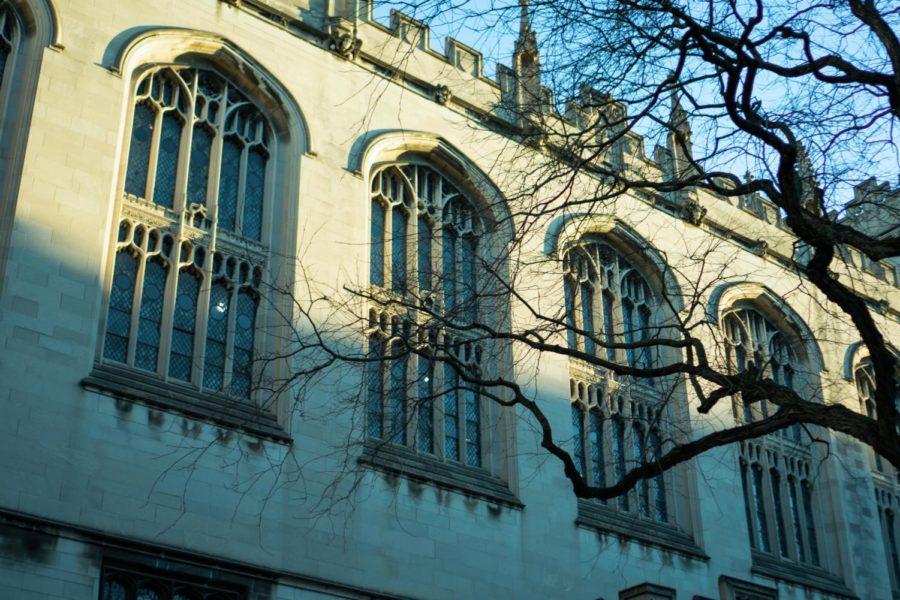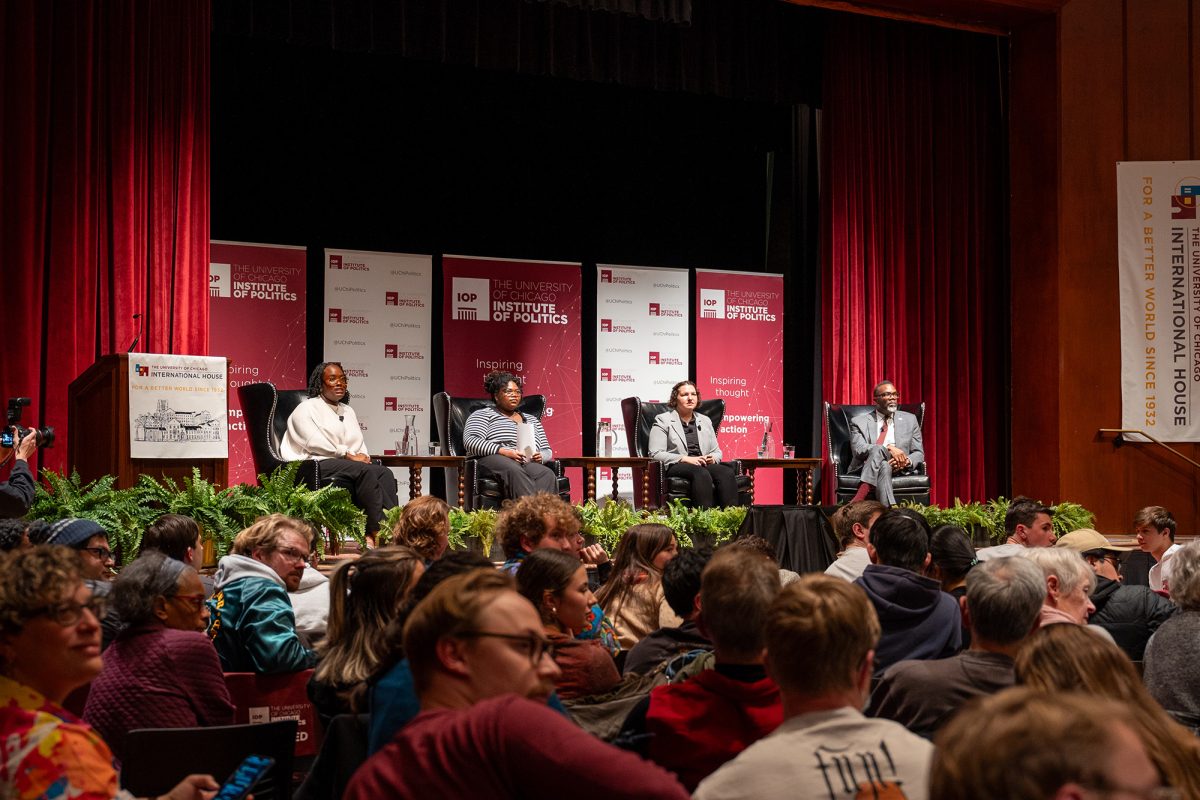The University of Chicago was my dream school, and I was beyond elated to be accepted as a member of the Class of 2025 back in December 2020. I was nervous to start school, knowing I would have to start all of my friendships from scratch. Luckily, I was able to quickly find a warm and loving group of friends, and I can say confidently that UChicago feels like home. Yet, while I have never felt socially isolated at UChicago, during my freshman year I quickly began to notice a few things about my peers which distinguished me from them. To put it bluntly, the majority of them were wealthy, and a startling amount of them were extremely well-connected. Suddenly, I was in a group of people for whom European vacations, private schooling, and family members with advanced careers in law, finance, and higher education is the norm. I discovered that many of my peers were from the wealthiest pockets of the East and West Coasts. Many of my peers’ parents had attended an Ivy Plus university. I found that I was (and still am) often the only person in the room who receives financial aid and attended a public high school. While I dearly love UChicago, I cannot deny that being among such privileged students has been somewhat frustrating when considering how unusual their socioeconomic status is in comparison to the majority of Americans. I’d like to take some time to explore the gap between the atmosphere of excessive privilege at UChicago and the realities of the rest of the country.
The sudden shift in the makeup of my peers’ socioeconomic status was especially jarring considering that 47.7 percent of students in my hometown school district qualify for free and reduced lunch, meaning that nearly half of my fellow students were considered to be in poverty. 70 percent of students at my high school qualified for free and reduced lunch, and only 51 percent of my graduating class planned to attend university. Considering these statistics, and the fact that my family is nowhere near qualifying as low-income by the “free and reduced” metric, I felt enormously privileged in high school. I was fortunate to have access to the International Baccalaureate program at my school, which attracted students of disproportionate wealth demographics from across the city, meaning many of my classmates were generally more privileged than the rest of the student body (though this level of privilege pales in comparison to what I have encountered at UChicago). At my high school, students from middle-income families such as myself typically did not have to face the burden of working, freeing up time to focus on school, extracurricular activities, and eventually college applications.
Curiously, while my experiences in high school only reinforced to me just how fortunate I was, the Odyssey scholarship I receive at UChicago is designated for low-income students. How is “low-income” defined? If “low-income” indicates an inability to pay $84,819 in full to the University, then certainly I would have to define myself as such. But the median household income of the United States is $74,580, far from being considered in poverty, yet warranting a large financial aid package, meaning that paying tuition in full is unrealistic for the majority of Americans. The University reports that approximately 60 percent of its undergraduates receive financial aid. It is wonderful that the school gives out so much financial support to its students. Yet, this estimate has about 3,000 of the 7,500 students paying full tuition. There is no data on the general cutoff for receiving financial aid; families who make approximately $125,000 a year or below do not pay tuition, but there are still families who make above this amount who receive aid. I imagine that a family that could afford to pay tuition in full would be making far, far above the median household income, meaning there is a disproportionate percentage of high-income students at the University compared to the country as a whole. This became clear to me as I compared my peers’ socioeconomic statuses with those from my high school.
According to a survey of UChicago’s Class of 2021, 13.9 percent of respondents came from a family making over $500,000 a year, and 40 percent attended a private high school. A whopping 18.2 percent of respondents reported having the assistance of an admissions counselor. Further emphasizing these numbers is an October study from Harvard which found that one-percenters were twice as likely to send their children to an elite school compared to middle class families, even when their children had similar standardized test scores. The study attributes this to three factors. First, elite schools’ preference for legacy admits. Second, the fact that wealthier students often have access to more extracurriculars, and third, schools’ preference for recruiting athletes, which the study argues often come from wealthy families. These factors should surprise no one—students who attend a well-funded private high school will of course have greater access to extracurricular activities and will have fewer burdens (such as part-time employment) preventing them from pursuing these activities, not to mention the access to hired admissions counselors and tutoring. Wealthy students can navigate the world of the Ivy Plus with greater ease than low- and-middle income families.
The one percent being so prominent in elite education is very significant: the study asserts that 10 percent of Fortune 500 CEOs, 25 percent of US senators, 50 percent of all Rhodes Scholars, and 75 percent of Supreme Court justices graduated from 12 Ivy Plus schools. At UChicago, I am brushing shoulders with the elite and people who will be in very prestigious leadership positions post-grad. There is clear matriculation of students from wealthy families who will find work in highly prestigious positions. This trend is happening at the same time as wealth inequality in the United States increases: according to Pew Research Center, the median family wealth of high-income families increased by 85 percent between 2001 and 2016, while the wealth held by middle-income families has shrunk by 20 percent during the same years. Wealth and power tend to remain in the hands of the upper class, a dynamic fostered by elite schools.
As UChicago has become increasingly more selective—the Class of 2027 boasts a 4.7 percent acceptance rate—are students from wealth generally the ones to emerge with the competitive advantage? There is no data currently available to support or reject this claim specific to UChicago, but my experiences say yes. In high school, I saw how middle-income, as opposed to low-income, students were more likely to pursue academically rigorous programs. Now, I can see with clarity how advantages like these and many more facilitate the movement of students from wealth to elite schools and onward to careers in powerful leadership positions.
If wealthy students—whether they are part of the one percent or the five—simply have more resources and opportunities for admission to an elite university, is it possible for more students from middle- and low-income backgrounds to be admitted? Some suggest ending the practice of legacy admissions, which favors high-income students. While I am sure that eliminating legacy consideration would create more income diversity, as the study from Harvard suggests, it is in the nature of elite colleges to source a larger percentage of their student body from wealthy families. I don’t imagine this will ever change unless there are massive changes to income distribution in the United States, and that certainly will not take place any time soon. The often-insular world of the Ivy Plus is not as much of a problem as it is a mostly unchangeable fact.
Attending UChicago has introduced me into a bubble of extreme wealth and connections that I otherwise would have not encountered. While I am eternally grateful to have the opportunity to attend such a wonderful school, it has been a somewhat disorienting experience, considering how incongruous the socioeconomic makeup of UChicago is with the rest of the nation. It has been frustrating to feel out of place among my peers who are representative of an elite minority. I often feel that my fellow students do not really understand how our situations differ, but, more importantly, that my family’s socioeconomic background is actually much more common among the general population. I also understand that no one wants to be identified as wealthy and that recognizing one’s own privilege can be a difficult thing. However, I would also like to remind my especially well-off peers that there is no use hiding it. Wealth does not whisper at UChicago but speaks very loudly.




